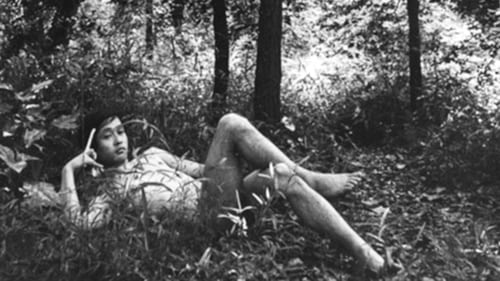Yasunao Tone
Рождение : 1935-01-01, Tokyo, Japan
История
Yasunao Tone is a Japanese artist who has worked with many different types of media throughout his career. He was born in Tokyo, Japan, and he graduated from Chiba Japanese National University in 1957, majoring in Japanese literature.

